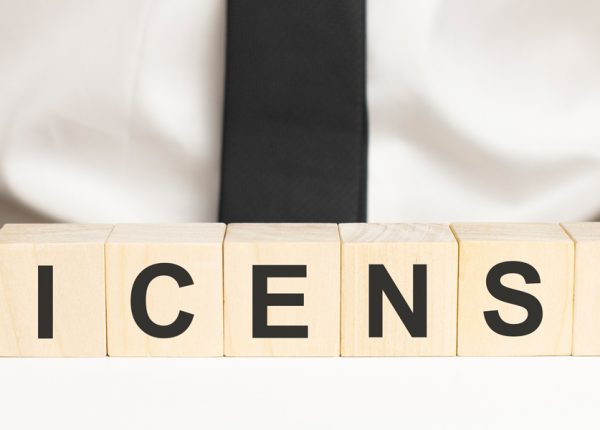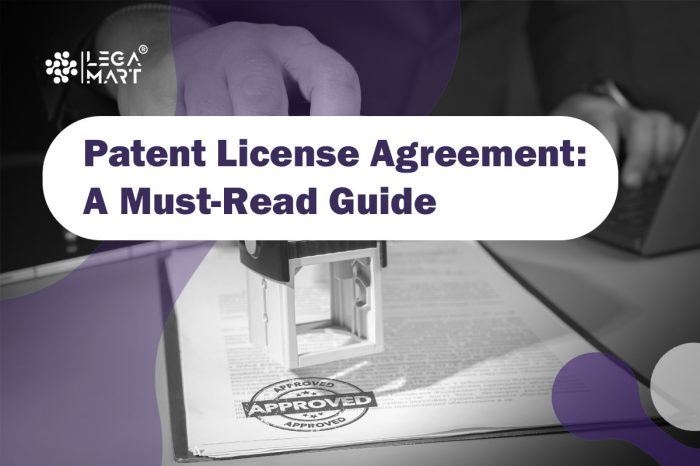International Entrepreneur
International entrepreneurs or investors must comply with legal demands when entering and operating in foreign markets. These legal requirements may differ from country to country, so it is important to be aware of the specific laws and regulations in the jurisdiction.
Typically, there are certain registration requirements to be met, including the filing of business documents, such as articles of incorporation or partnership. These documents must be filed with the local government or with a local representative. It is also important to note that entrepreneurs operating abroad must pay taxes in the country they are operating in.
Businesses may also be subject to specific rules and regulations regarding the type of activity they are engaging in, such as labor laws, health and safety regulations, and environmental regulations. Companies must also comply with international trade regulations, including trade agreements and embargoes. Finally, entrepreneurs must also be aware of the intellectual property laws in the country where they are operating.
Common legal issues
By selecting each issue, we will filter related articles for you.
Most successful lawyers in LegaMart for International Entrepreneur
As an Entrepreneur or International Investor, you need to know the followings:
International entrepreneurs may face various legal challenges as they start and grow their businesses. These are just a few examples of the legal challenges that international entrepreneurs may face. Entrepreneurs must seek legal advice and representation to navigate these and other legal issues. Some common legal issues that may arise include:

Incorporation of the company
The first step in the process is legal registration and documentation. Depending on the type of business, there may be several ways to structure it. For example, the registration process will differ depending on whether it is an LLC, non-profit, or corporation. This affects which option provides the founders with the most special tax and legal protection.

Complying with GDPR
This is the only document required for data privacy, particularly for EU residents, but any borders do not bind it. The company that collects data on any EU citizen must disclose the amount of data collected, the process of storing it, and its security.

Entering into Joint venture (Co-founders and employer agreements)
Having a business entails being involved in a large number of agreements daily. Thus the challenge of adequately mentioning the goals, dispute resolution, exit process, and so on is critical to enter and achieving the purpose of the agreement smoothly.

Ensuring sanction regulations
Some countries have imposed economic sanctions or embargoes on specific countries, which significantly impact global trade and business. As a result, entrepreneurs must understand these constraints and ensure that their businesses do not violate them.
Latest Articles
Tell us more about your problem.
Please give a brief description about what it is you need to talk to our lawyers about ?
Frequently Asked Questions
What documents are required to register a company in the United Kingdom?
In the United Kingdom, you need to provide a company name, registered address, details of directors and their consent, a statement of capital and initial shareholdings, articles of association, and registration fee.
What is the best way to protect my patent in the United Kingdom?
File a patent application with the UK Intellectual Property Office or the European Patent Office. You can also consider filing a PCT international patent application to secure patent protection in the UK and other countries.
What should I do if I suspect my patent has been infringed in China?
In China, you should seek legal advice from a lawyer experienced in IP infringement. They can help you initiate legal proceedings, gather evidence, and negotiate a settlement.
What is a joint venture agreement in the United Kingdom, and how is it enforced?
In the United Kingdom, a joint venture agreement is a legal contract between two or more companies sharing skills, risks, rewards, and control over a specific project. The agreement will be enforced through the courts.
How does double taxation affect my business in the United Kingdom?
Double taxation affects UK businesses operating or doing business with other countries. You may have to pay tax on the same income twice in the UK and abroad, unless there is a relevant tax treaty.
What are the terms I should negotiate in a UK-based licensing agreement?
In the UK, licensing agreements should outline the terms and conditions of the license, including fees, payment arrangements, the scope of the license, and intellectual property protection.
What are the GDPR requirements for UK businesses processing personal data?
UK businesses must comply with the EU’s General Data Protection Regulation, including obtaining consent to process personal data, allowing individuals to access their data and providing notifications of data breaches.
How can I protect my purchase in a UK-based property purchase agreement?
In the UK, you should conduct a title and legal searches, purchase property insurance, provide an accurate evaluation of the property, fully understand the terms and conditions of the purchase, and have a conveyancer or solicitor provide legal advice.
How can UK businesses ensure compliance with environmental regulations?
UK businesses must comply with UK and EU environmental regulations, such as disposing of waste, controlling pollution, and conserving natural resources.


























